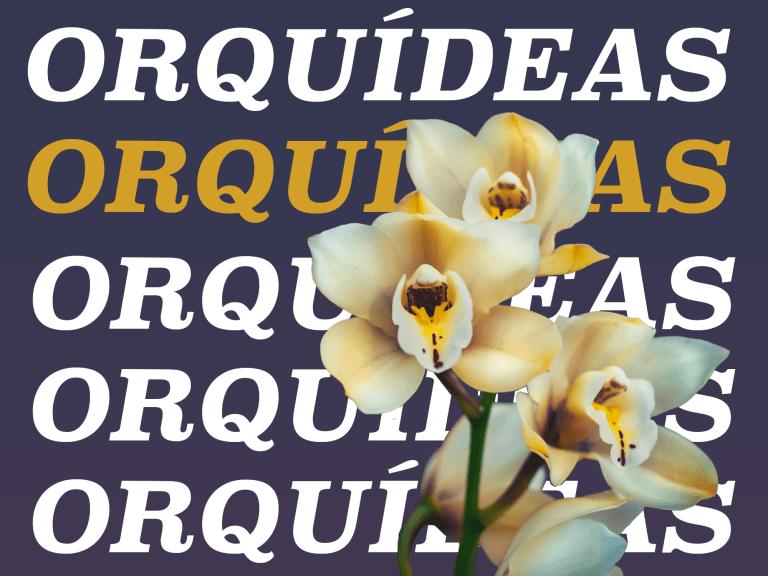Less than a year after releasing “Red Moon in Venus,” Kali Uchis released her fourth studio and second Spanish-language album, “ORQUÍDEAS.” When she announced the lead single “Muñekita,” a beat-switching dembow track featuring Dominican rapper El Alfa and JT from the City Girls, Uchis promised fans a new era. Named after the Colombian national flower, “ORQUÍDEAS” is an excellent contemporary Latin urbano album that showcases Uchis’s ability to seamlessly move between genres and deliver striking visuals.
Although initial singles signaled this would be a Latin album, the Colombian American singer-songwriter has never been content to stick to one style. Nevertheless, there are rewards for those who come along for the ride. As she chants the chorus of album opener “¿Cómo Así?,” Uchis’s self-assured lyrics promise, “If you come around here … you’ll never wanna leave.”
In the first half of the album, songs move from the bossa nova of “Me Pongo Loca” to the theatrical bolero on “Te Mata.” In the accompanying video for the latter, Uchis plays the object-throwing scorned woman in a telenovela. The lyrics are much more measured — Uchis has set hard boundaries with a former lover who treated her badly and if that kills them, then so be it.
Throughout her discography, Uchis frequently returns to the theme of moving on from past hurts and this resonates deeply on “Perdiste.” The singer serenely intimates to the person who has lost her love that she feels a bit sad for them over a lo-fi tropical beat. Feeling sorry for someone who didn’t do right by you? This is a level of enlightenment that it would take me several lifetimes to achieve.
My favorite song is the sexy and melodic 90s R&B track, “Young Rich & In Love.” It’s the only song titled in English, though the singer blends English and Spanish lyrics on the song and throughout the album as seamlessly as she does on her English-language records. Two minutes and 20 seconds in, the music stops abruptly before the lush song outro. Just when we think Uchis is done with us, she shows us she has a little more to give.
The album is cohesive despite the diversity of styles. However, the contributions of the featured male artists come off as dissonant. Consider Peso Pluma’s verse on the disco-tinged “Igual Que Un Ángel.” Although singing a single syllable while moving between different notes is exciting, Uchis’s melisma ends up carrying his heavily autotuned verse. El Alfa similarly disappoints on “Muñekita.” His verse would have been better used by JT (who dubs herself JT Medellín on the track) to deliver her signature rapid-fire bars.
Admittedly, I don’t always love when featured male artists use their appearance to discuss their sexual prowess or their exacting standards for women’s appearances. It’s the sonic equivalent of a random guy entering the dance space of a group of girls at a party, uninvited and offbeat. A minor inconvenience, but a nuisance nevertheless.
Only Puerto Rican singer Rauw Alejandro seems to understand the assignment. Uchis originally released “No Hay Ley” as a single in 2022, and on “No Hay Ley Parte 2,” love is still a lawless endeavor. Alejandro delivers a frenetic verse to assure Uchis he’s qualified to satisfy the “high class lover” and he’s just as obsessed with the singer as she is with him.
On “Labios Mordidos,” Colombian singer-songer Karol G makes an appearance to help transform a reggaeton rhythm into a sensual anthem about same-sex desire. The strategic perreos (a form of twerking) and bevy of writhing vixens in the video signify girls who love a girls’ night out.
The transgressive nature of Uchis incorporating LGBTQ visuals in a “reggaeton suave” anthem cannot be understated. The genre has traditionally relegated female artists to uncredited background singers while male artists trafficked in machismo themes. Reggaeton feminista is a powerful reclamation of a genre women have long supported, but which has long relegated them to the sidelines of the mainstream.
Ultimately, the album displays Uchis’s mastery of Latin music and flexes her ability to incorporate dance music and the alternative R&B style she has perfected on past projects. “Red Moon in Venus” was my most-played album last year; “ORQUÍDEAS” is a strong contender for my favorite record of this one.
Editor’s Note: This article is a review and includes subjective opinions, thoughts and critiques.
